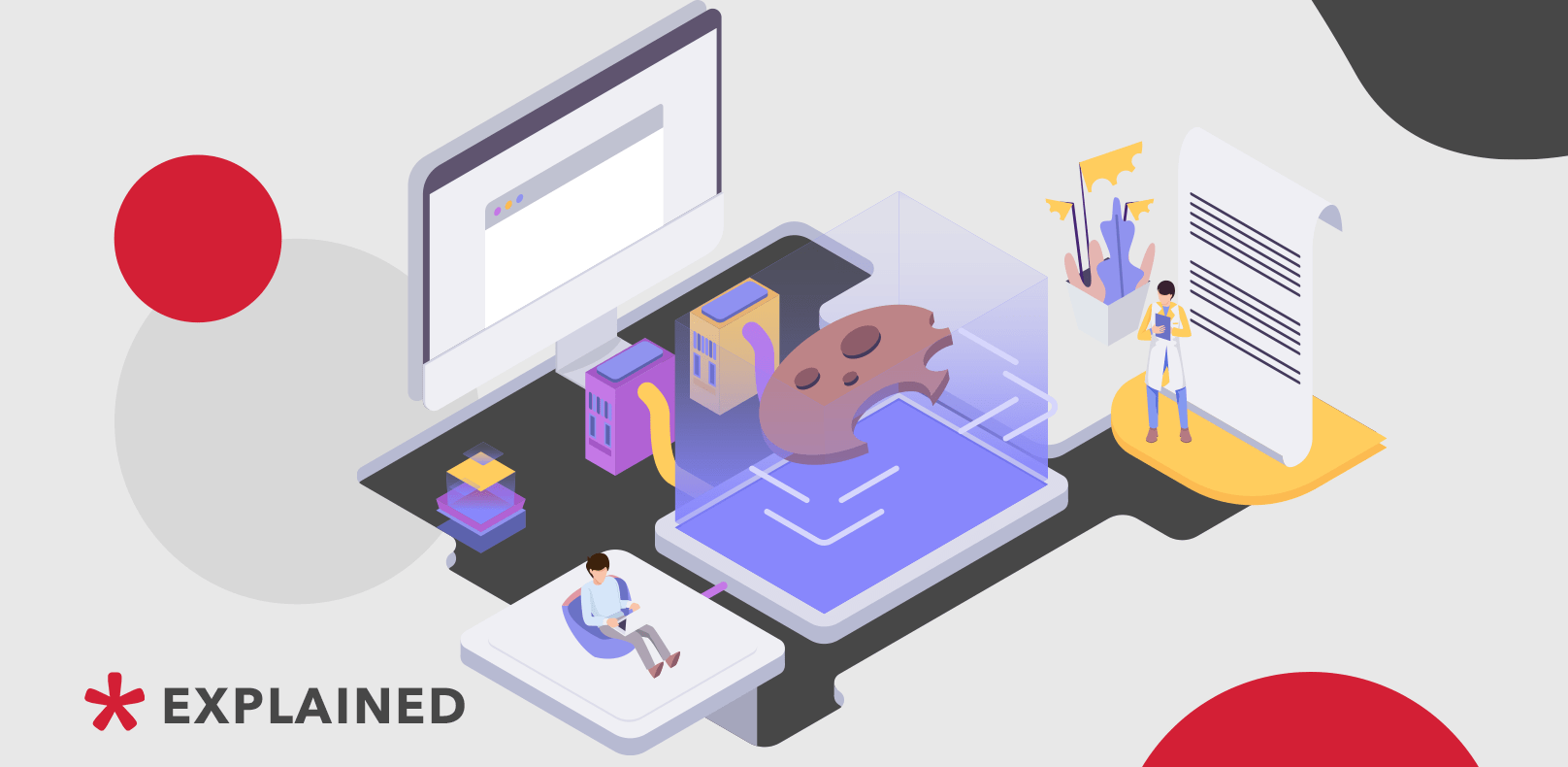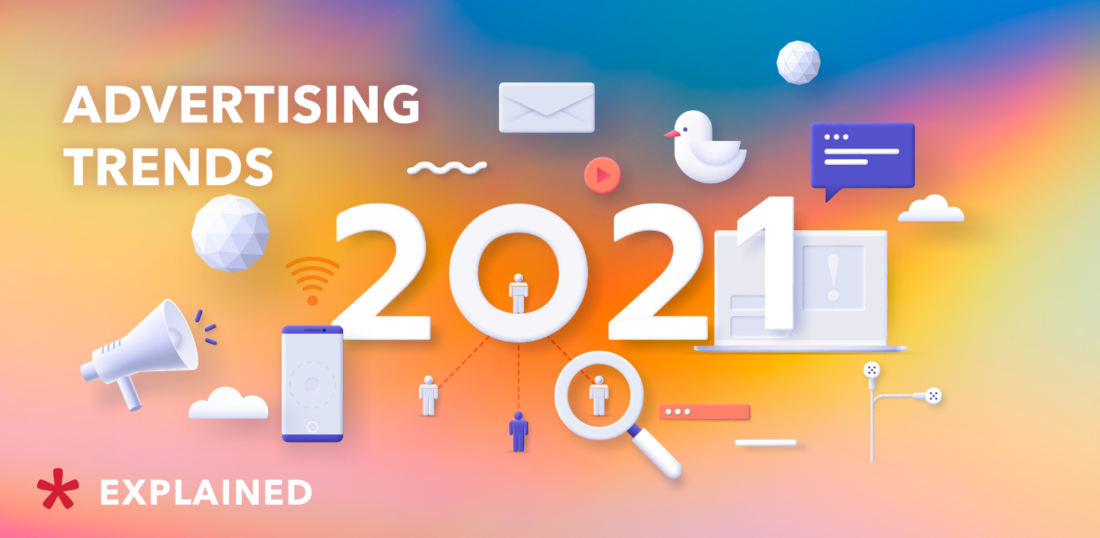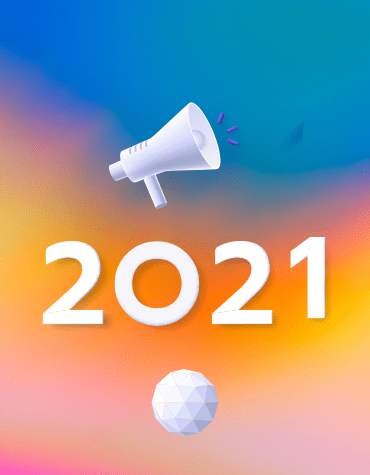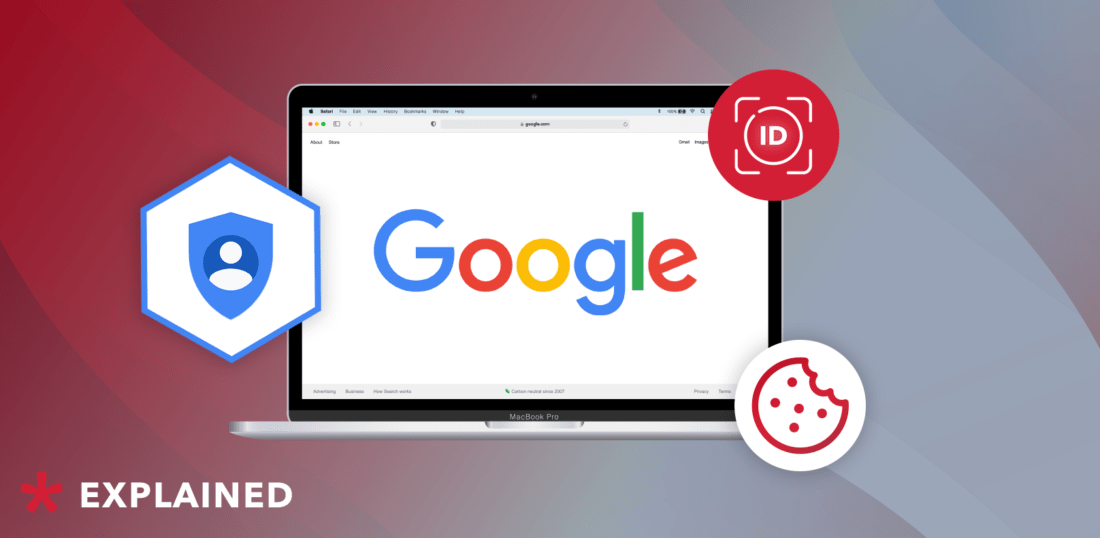
What Does Google’s Announcement on User IDs Mean for the Ad Industry?
On 3 March 2021, Google made a loud announcement that grabbed all the media attention. The tech giant made it clear that once it stops supporting 3rd-party cookies in 2022, it won’t build or use any user-based identifiers in its products (including DV360, Google Ads, and Campaign Manager). Instead, Google will focus on cohort analysis for ad targeting.
At first glance, this seemed like a huge step forward in user privacy, and media were quick to distribute the “shocking news.” Yet, if you take a closer look, there’s not much change behind that.
The announcement once again confirmed the company’s stance voiced a year ago. First, in 2022, Chrome and other browsers will discontinue 3rd-party cookies. Second, Google won’t support alternative (read “competitor”) user identity solutions in its products (as of the beginning of March 2021, there are more than twenty such solutions). Third, Google is currently developing and testing its own solutions to replace 3rd-party cookies for digital advertising.
What Google’s announcement really means for the industry
- Google won’t be using any ID solutions that it doesn’t own. Yet, it won’t and cannot stop the open web publishers from using them. Thus, independent adtech using privacy-forward 1st-party ID solutions (like Unified ID 2.0, Net ID, or Admixer ID) will get an advantage over Google’s ad products.
- Google will continue collecting user data. In fact, it has the largest database of logged-in users, which contains all possible information that users enter in Google Search (from food preferences to medical conditions), YouTube, and other related products.
- Google’s cohort solutions won’t give the same targeting preciseness advertisers are used to. Second, they are based on the browsing history (analyzed without proper user consent), similar to 3rd-party cookies we are all trying to get rid of.
- Google opens opportunities for Open Web publishers and advertisers. Collecting 1st-party user data with user consent will allow publishers to provide better targeting capabilities than suggested cohort solutions. In comparison with contextual targeting, 1st-party data strategies will give better results both for publishers and advertisers.
What solution is Google proposing?
The most advanced solution among those offered by Google is FLoC (Federated Learning of Cohorts). FLoC is based on Chrome’s built-in algorithm that tracks which websites users visit and what content they consume to group them into cohorts by interests.
- The users are classified by their device browsing history without transferring data to external servers.
- Ad targeting isn’t based on individual user IDs, but on the specific cohorts that users fall into.
- The cohort ID will prevent individual cross-site tracking.
- To make the cohort available for targeting, it should have at least 1000 users (not a guarantee).
Unfortunately, FLoC is far from being a full-fledged replacement for all use cases of 3rd-party cookies, and its effectiveness still needs testing.
FLoC Privacy Concerns
- Opt-out issues. Although Google points out that users will be able to opt out from FLoC, we all know that the majority of people won’t bother to learn how the system works. Thus, the solution works contrary to the explicit consent principles laid down by advertising associations.
- Discrimination. It’s still up in the air how the system will work with sensitive topics, like sex, race, drugs, health conditions, etc. For example, a cohort may represent people with specific political views or members of a certain minority. Advertisers may use it in a discriminatory manner, excluding those people from advertising a job post. In reality, it will be really hard to abstain from grouping users based on their relation to marginalized groups, since the web content is constantly changing.
- Drop in targeting effectiveness. Although Google mentioned that FLoC will be able to sustain 95% of targeting preciseness, it still hasn’t gone through large-scale user trials. And the suggested effectiveness is questionable as the algorithm won’t be based on individual interests.
- Risk of reidentification. Users tend to visit the same websites again and again. So even if they do land on some viral news and get assigned to a new cohort, chances are attackers could set FLoC to find matches now and in the past based on the recurring visits to mail apps, bank accounts and social networks. Hence, the risk of fingerprinting the user.
How will user identity change?
Google reiterated that 1st-party user data will remain the crucial link between advertisers and publishers. The information obtained with proper user consent should be the basis for future ad personalization.
Strengthening legislation relating to PII protection in different countries makes a single global user identity solution a less viable option. As a result, there might be many strong local solutions working in one or several countries — they will be built on common principles and will retain targeting and measurement capabilities, thus, securing revenue for local publishers and advertisers.
The solutions that unite brands with their customers on the one hand and publishers and their audiences on the other will best meet the challenges posed by future change.
What is Admixer offering?
Admixer has developed Admixer ID, a solution that will help identify users across different browsers, platforms, and devices without 3rd-party cookies.
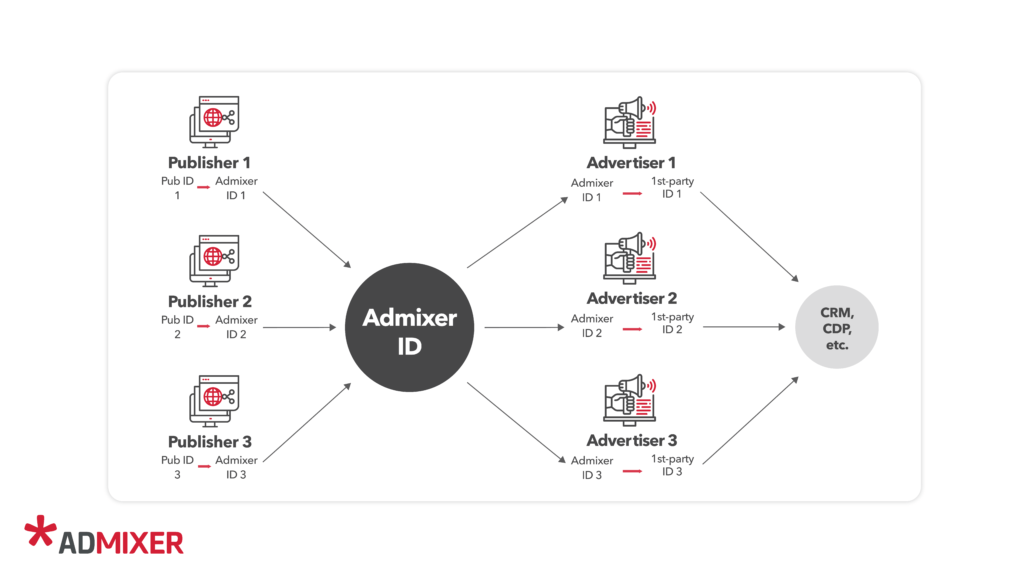
The solution provides local websites and advertisers with a single system for segmentation, targeting, and audience measurement.
Thanks to a single approach to identity, which adtech vendors are jointly developing within IAB Tech Lab, Admixer ID is compatible with other identity solutions worldwide.
Learn more about Admixer ID here.


